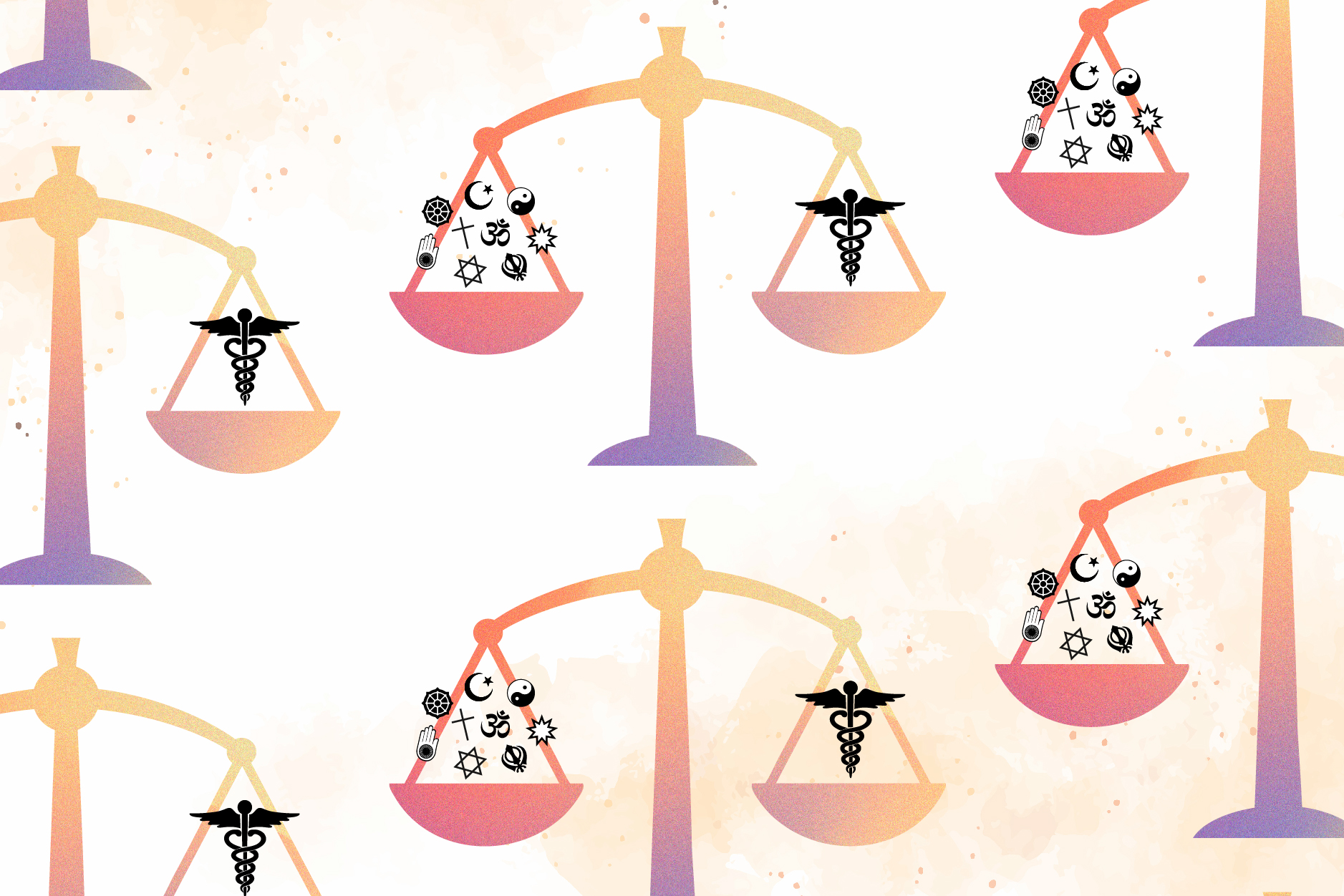Navigating Conscience Objections in Health Care: Introduction
Navigating Conscience Objections in Health Care: Professional Integrity
Navigating Conscience Objections in Health Care: Personal Conscience
Professional Integrity Conscience Objections

Definition: Objecting to providing a legal procedure/treatment because doing so violates the provider’s professional ethical obligations.
Organizational policy
- Restricting access to, or preventing providers from performing legal procedures that are within a professionally accepted standard of care can be referred to as Institutional Objections. One example of such objections is Ethical and Religious Directives (ERDs). Catholic health care facilities in the U.S. have ERDs which prevent them from providing some services (e.g., contraception, sterilization, abortion).
- The Ethical and Religious Directives for Catholic Health Care Services (ERDs) is the document that offers moral guidance, drawn from the Catholic Church’s theological and moral teachings, on various aspects of health care delivery. The ERDs restrict access to such services as contraception, sterilization, and abortion. The ERDs can be found under the Medical and Moral Issues tab on the website of the United States Conference of Catholic Bishops.
Federal and state regulations and policies
- Federal statutes (The Church Amendments, Public Health Service Act – “Coats-Snowe Amendment”, The Weldon Amendment, The Affordable Care Act – the “ACA”) protect health care provider conscience rights. Among other things, these statutes prohibit recipients of federal funds from discriminating against health care providers who, due to moral objections or religious beliefs, refuse to provide certain services.
- Whether LGBTQ+ patients receive anti-discrimination protections varies from state to state. Providers’ conscience objections are federally protected, and in some states providers can invoke these protections to refuse treatment to LGBTQ+ patients if treating these patients conflicts with their religious or moral beliefs. Visit Movement Advancement Project Non-Discrimination Laws for more detailed state-by-state information.
Professional Ethics
Physicians are guided by ethical principles such as beneficence (acting in the patient’s best interest), patient autonomy (respecting patient decisions), justice (providing equitable care), and nonmaleficence (doing no harm).
